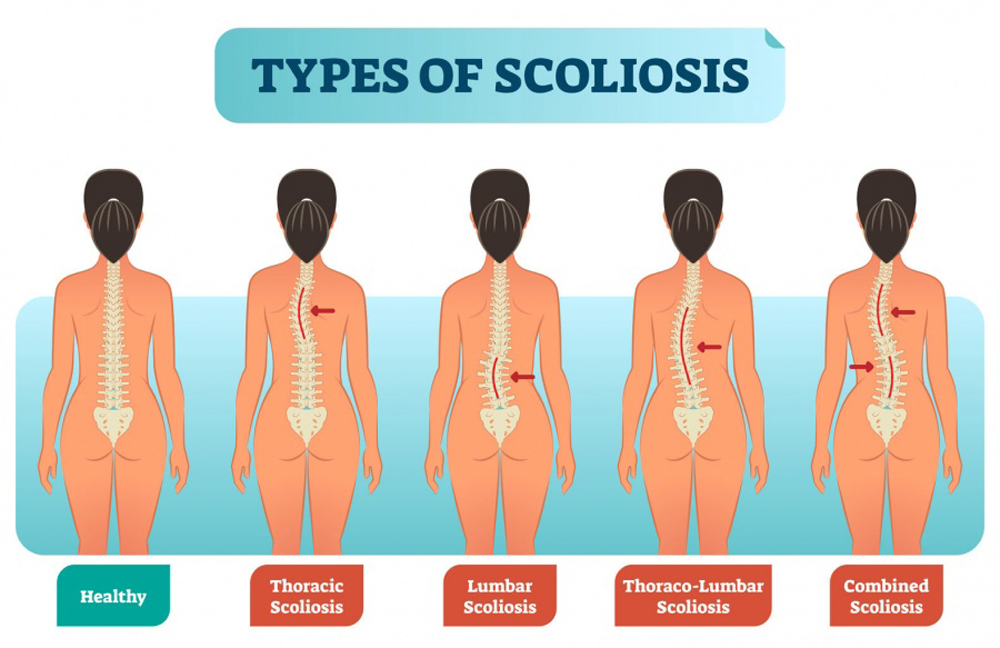Multiple Sclerosis Puzzle: Vitamin D and the Month of May
SOURCE: MedPage ~ 4-11-2013
By Nancy Walsh, Staff Writer, MedPage Today
Fetal defects in thymic function and inadequate circulating levels of vitamin D may explain the well recognized influence of birth month on risk for multiple sclerosis, British researchers suggested.
Tests for a surrogate marker for thymic output of T cells found about twice the levels in cord blood of autoreactive T cells among individuals born in May compared with those born in November (P=5.5 × 10−5 versus P=1.2 × 10−6), according to Sreeram V. Ramagopalan, DPhil, of the University of Oxford, and colleagues.
Editor’s Note: If you are born in May, you would have been conceived the previous August or September, so the baby would have been carried to term during the low sunlight period of winter.
Mounting evidence has linked MS with vitamin D deficiency, and individuals born in May had lower levels of circulating 25-hydroxyvitamin D, at a mean of 38.4 nmol/L compared with 50.9 nmol/L, P=0.02), Ramagopalan’s group reported in a research letter in the April JAMA Neurology.
The association of birth month with later MS has been observed in many populations, although the phenomenon remains unexplained.
“We hypothesized that birth month influences T-cell production and may impair T-cell central tolerance and/or T-regulatory/T-effector cell balance, predisposing to MS,” the researchers wrote. To test this hypothesis, they examined cord blood from 100 healthy infants, half born in May and the other half in November.
Not only were the numbers of T-cells higher and the vitamin D levels lower in the May cohort, but an inverse correlation also was found between cord blood 25-hydroxyvitamin D and autoreactive CD4+ cells (ρ=−0.37, P=0.009) and CD8+ cells (ρ=−0.04, P=0.004).
These findings, in conjunction with recent observations that genes associated with MS have been found activated in cord blood, support the hypothesis that autoimmune conditions may represent a complex interplay of genetic and environmental factors, according to the researchers.
The results also support a role for vitamin D. “Notably, genetic regions associated with immune mediated diseases, including MS, are significantly enriched for vitamin D-receptor binding sites, and vitamin D is able to regulate the expression of hundreds of genes, many of which play roles in T-cell and B-cell development,” Ramagopalan and colleagues observed.
Previous animal studies have demonstrated that prenatal deficiencies of the vitamin can have negative effects on the development of the immune system, and these findings “represent the first direct evidence suggesting that the same happens in the developing human immune system,” they stated.
They called for prospective studies of maternal supplementation of vitamin D during pregnancy to determine possible effects on later risk for autoimmunity.
This research was funded by the Medical Research Council and the Fondazione Italiana Sclerosi Multipla.
The authors disclosed financial relationships with multiple companies, including Bayer Schering Pharma, sanofi-aventis, Eli Lilly, Biogen Idec, Pfizer, Novartis, and Teva Pharmaceuticals.
Source reference: Disanto G, et al
Month of Birth and Thymic Output
JAMA Neurology 2013 (Apr 1); 70 (4): 527-8 ~ FULL TEXT
Note that this cross-sectional study demonstrated an association between birth month and measures of T-cell output in neonates. Be aware that since the children were not followed for development of MS, a link between T-cell output and MS remains speculative.


Leave A Comment